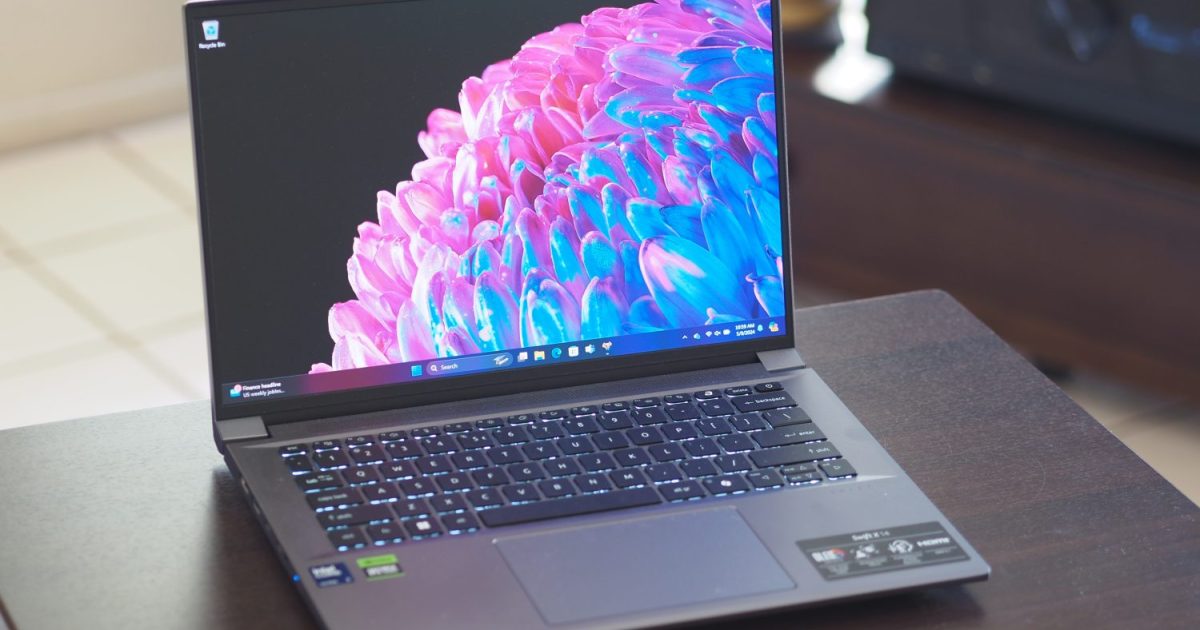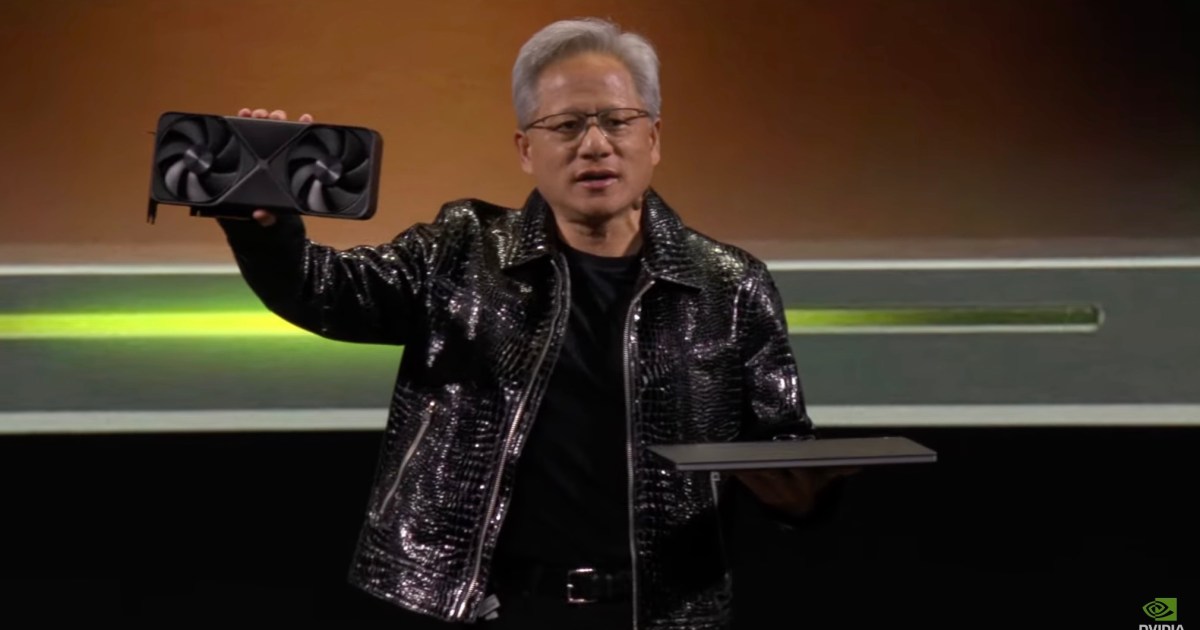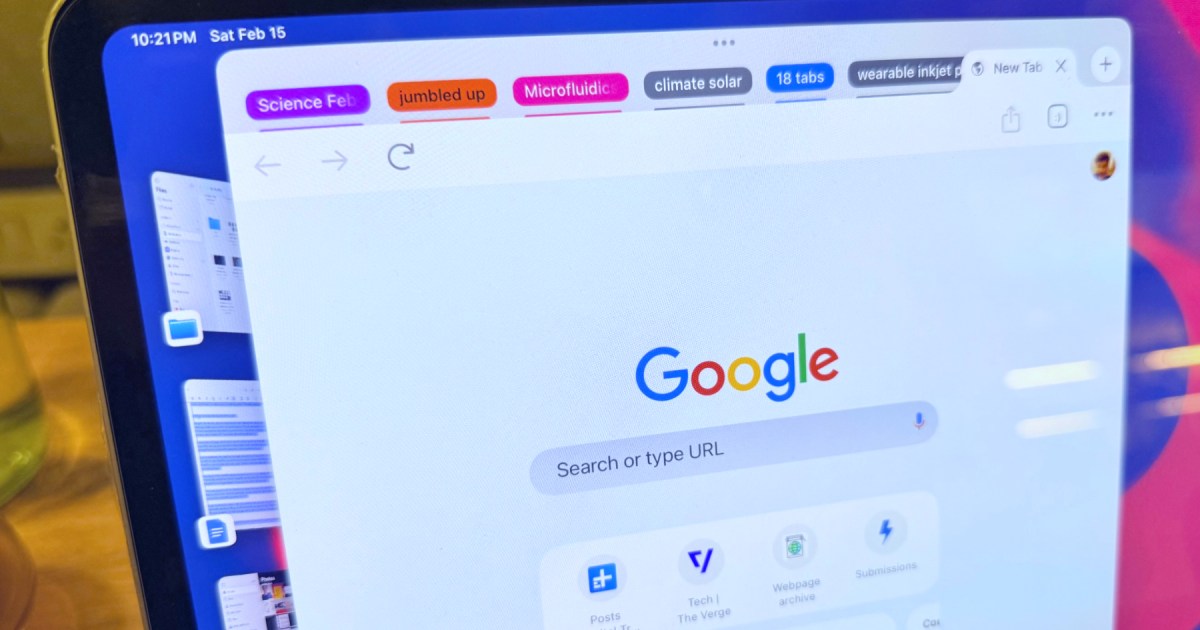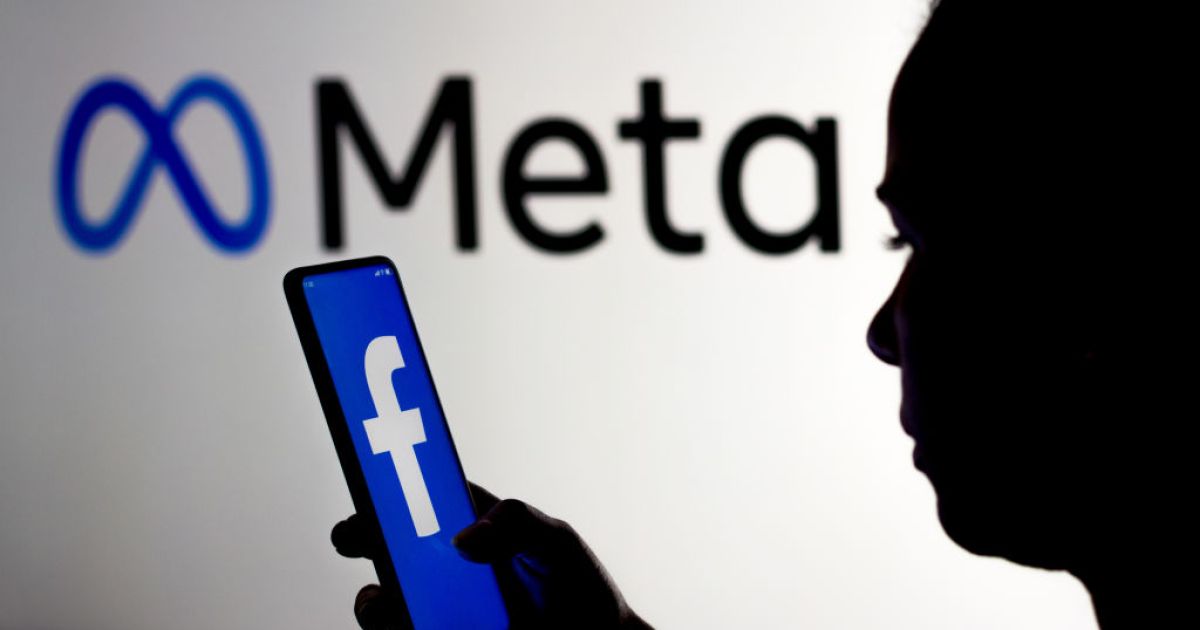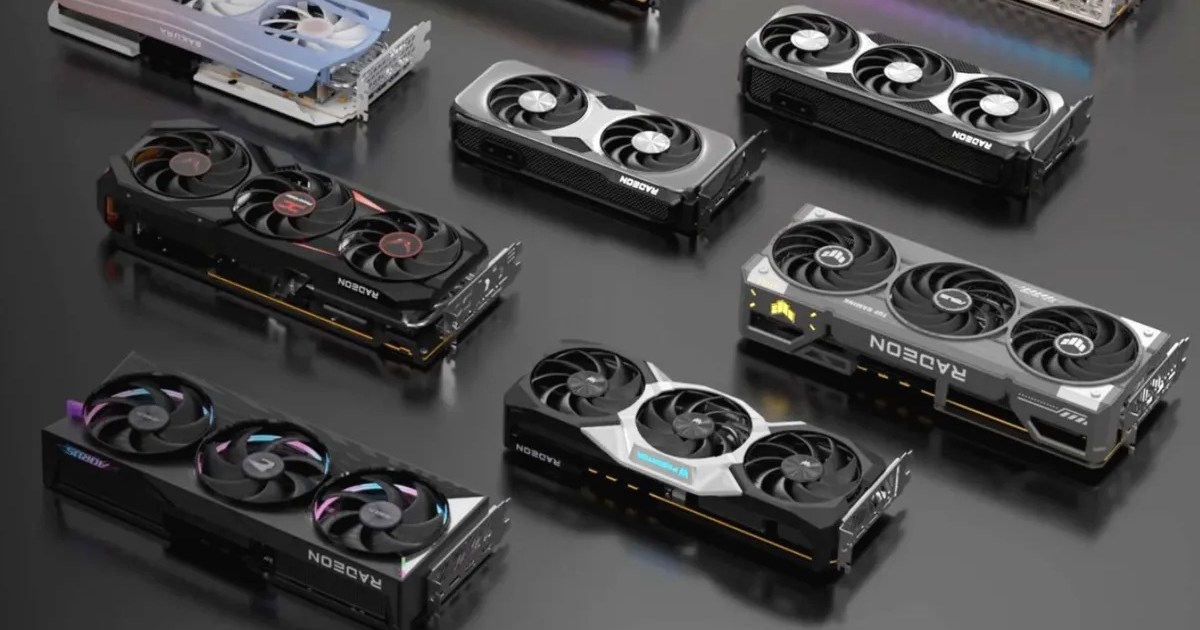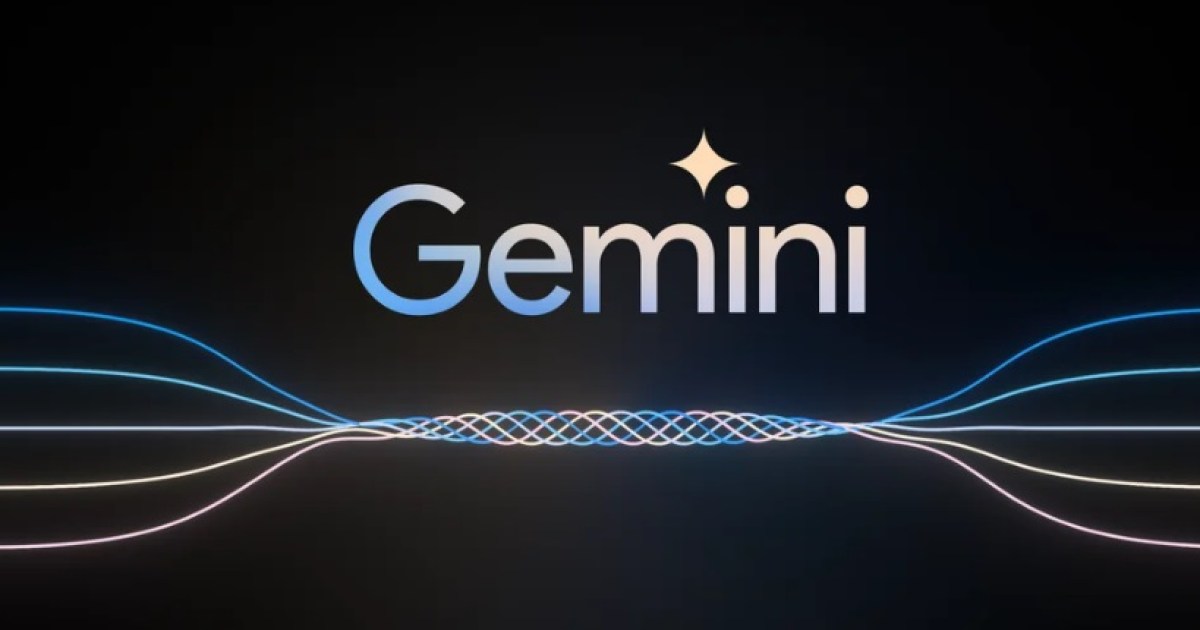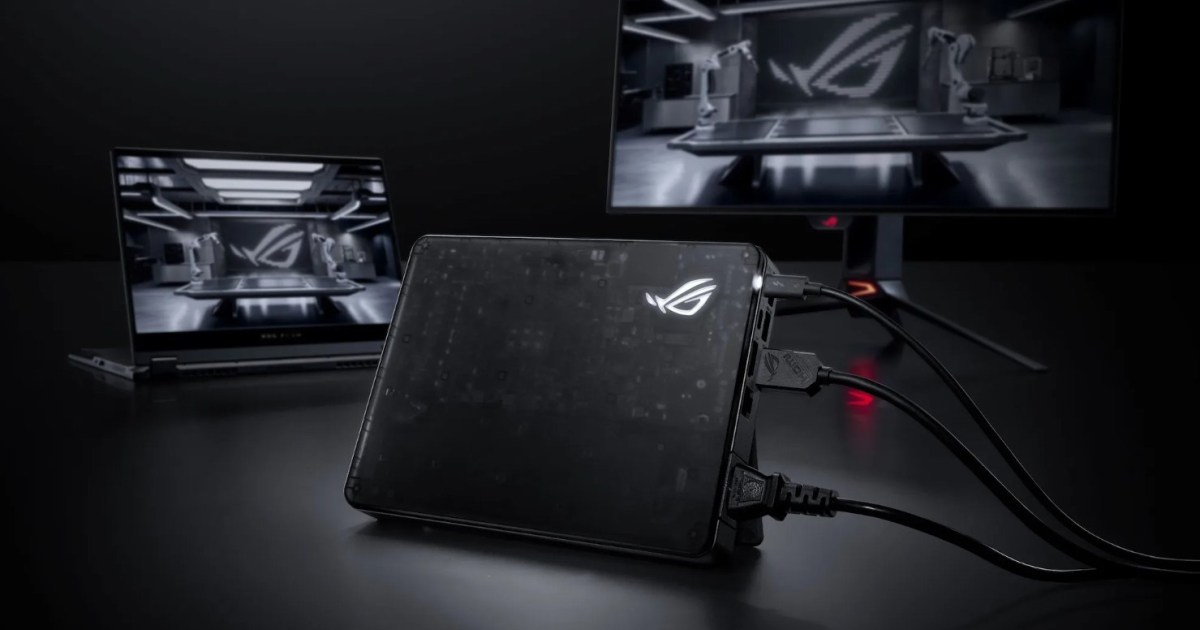Acer’s CEO, Jason Chen, recently announced a 10% price increase on laptops sold in the United States, effective March 2025. This decision is a direct consequence of the Trump administration’s import tariffs on goods manufactured in China.
Impact of US Tariffs on Acer Laptop Prices
In an interview with The Telegraph, Chen explained the necessity of the price adjustment to offset the new import tax. He stated, “We will have to adjust the end user price to reflect the tariff. We think 10% probably will be the default price increase because of the import tax. It’s very straightforward.” The price increase will apply to new stock entering the US after February 2025. Products shipped before this date will remain unaffected.
Both new and existing inventory are expected to see price adjustments as the new stock arrives. As an example, the Acer Swift AI 14, recently reviewed, is currently priced at $1,200. This price could rise to $1,320 with the impending increase.
Concerns About Competitor Pricing and Supply Chain Shifts
Chen also expressed concern that competitors might exploit the tariff situation to raise prices beyond the 10% directly linked to the import tax. Currently, other PC manufacturers have not publicly disclosed their pricing strategies in response to these tariffs.
Acer has already moved its desktop PC assembly operations out of China during Trump’s previous term. The company is actively exploring alternative supply chain options outside of China, including the possibility of manufacturing within the United States.
Broader Impact of Tariffs on the US Tech Market
The Consumer Technology Association reports that 80% of laptops imported into the US come from China. The new tariffs could cost US consumers an estimated $143 billion and potentially inflate retail prices by up to 45%. Despite these tariffs, domestic US production is only projected to rise by 8%.
There are also concerns regarding the potential impact of a 100% tariff on semiconductors. This could significantly affect companies like Nvidia, AMD, and Apple, potentially causing further pricing challenges due to limited overseas manufacturing alternatives. While Acer is working to identify US-based suppliers for its laptops, the immediate impact of the tariffs will likely be borne by consumers.
Conclusion: Navigating the Changing Landscape of Tech Pricing
The implementation of tariffs has created a complex situation for tech companies like Acer. Balancing the need to offset increased costs with maintaining competitive pricing is a significant challenge. While exploring alternative manufacturing locations is a long-term solution, the immediate future suggests consumers will face higher prices for laptops and potentially other tech products. The long-term consequences of these tariffs on the tech industry and consumer spending remain to be seen.



